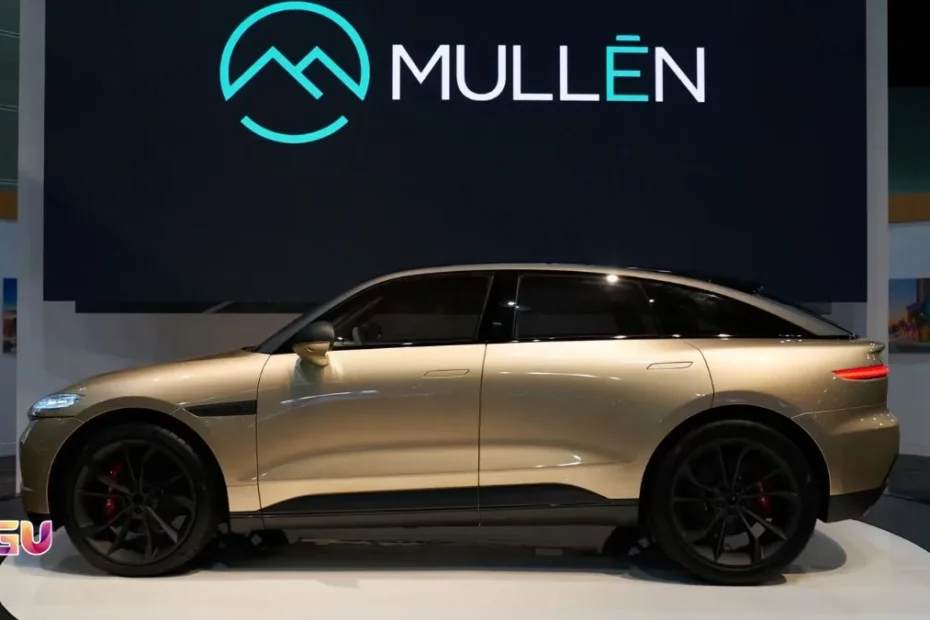Mullen Automotive (NASDAQ: MULN) is making bold moves to reshape its future in the electric vehicle (EV) space, doubling down on its investment in Bollinger Motors while securing fresh capital to stabilize operations and fuel growth.
Last week, Mullen acquired an additional 21% stake in Bollinger Motors, bringing its ownership to 95%, and effectively assuming control of the troubled EV truck startup. The deal resolves legal disputes with founder Robert Bollinger and brings Bollinger out of receivership, just days after concerns emerged about its survival.
In a show of confidence, Mullen CEO David Michery has now taken the reins as CEO of both Mullen and Bollinger, signaling an aggressive push to bring Bollinger’s long-hyped lineup—especially the B4 Chassis Cab—to market.
“This is an important moment for both Mullen Automotive and Bollinger Motors,” said Michery. “Our continued investment shows our belief in Bollinger’s future and vehicle lineup.”
The Bollinger B4, a Class 4 commercial EV truck, is designed with fleet operators in mind and features a 158 kWh battery pack, 185-mile range, and a payload capacity of 7,325 lbs. Mullen is prioritizing this model to capitalize on the growing demand for electric commercial fleets in the U.S.
Capital Injection Amid Stock Pressures
Mullen also announced it had secured $14.4 million in fresh funding through new securities purchase agreements, issuing secured notes and warrants. The capital is aimed at strengthening its balance sheet, which has come under scrutiny due to persistent profitability and liquidity issues.
To remain compliant with NASDAQ’s $1 minimum bid price rule, Mullen also initiated a reverse stock split, effective June 2, 2025, aiming to shore up investor confidence and preserve its listing.
Despite the financial challenges, Mullen continues to expand its U.S. manufacturing footprint. The company recently acquired the battery production facility of bankrupt Nikola Corporation in Fullerton, California, as part of its plan to increase domestic EV battery manufacturing capabilities—an increasingly critical component of EV supply chain strategy.
Can Mullen Turn the Corner?
While analysts remain cautious—TipRanks’ AI Analyst “Spark” maintains a neutral outlook on MULN stock due to weak financials and bearish technicals—the recent leadership changes, acquisitions, and capital inflow suggest Mullen is far from finished.
At a time when many EV startups are struggling, Mullen Automotive is making high-stakes bets to survive—and possibly thrive—by focusing on strategic growth, commercial fleet opportunities, and reshoring EV manufacturing to the U.S.
